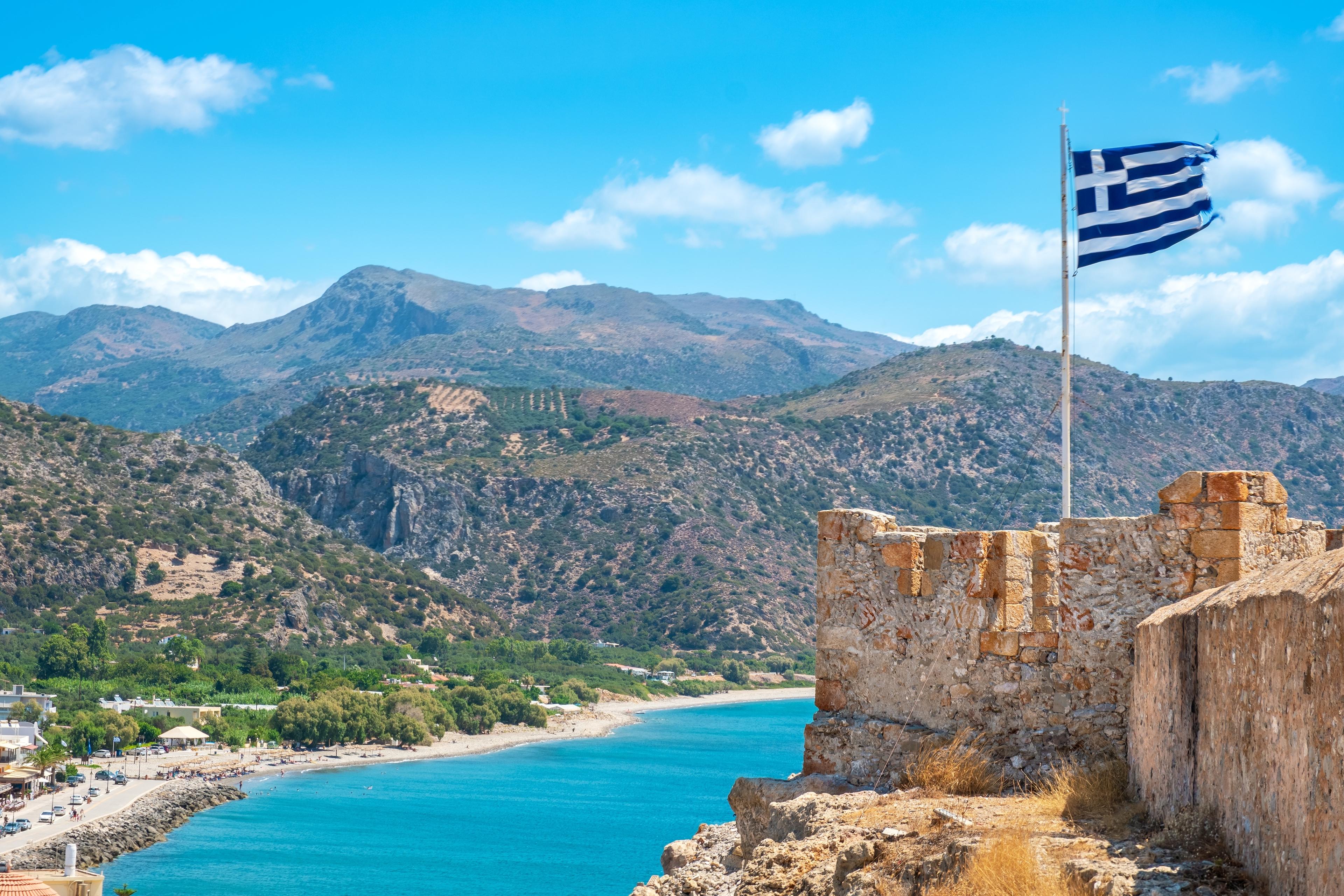Tourism, Greece, Summer holiday, Tax increase
Greece Announces: Tourist Access to Some Popular Destinations Will Be Restricted
Santorini, Mykonos, and other popular destinations will face new taxes and restrictions. Greece is struggling under the burden of "over-tourism" and has decided to implement measures to address the situation.

A 20-euro fee will be imposed on tourists arriving by cruise ships to a number of islands and destinations, and higher taxes will also be applied to hotels and other tourist accommodations, according to both channel 12 and ynet reports.
The Greek government has announced that it will restrict tourist access to several of its most popular destinations. Prime Minister Kyriakos Mitsotakis has stated that the country will advance several reforms to minimize the impact on local residents while continuing to provide a good tourism experience. The new reforms will affect some of the most beloved destinations for Israelis, such as Mykonos and Santorini.
In a press conference on Saturday, Mitsotakis announced that higher taxes would be imposed on tourists arriving by sea to key Greek destinations. Specifically, tourists arriving by cruise ships to islands included in the reform will be required to pay 20 euros. The government will also introduce new taxes on hotels and tourist accommodations, with the revenue going to local communities. In addition to raising taxes, the number of cruise ships and tourist vessels allowed to dock at certain islands experiencing an "exceptional tourism boom" will be limited.
The Greek Prime Minister clarified that while tourism will continue to be a major source of income for the country, there are concerns about "over-tourism" in certain destinations during specific periods. "Tourism supports our economy with significant resources and jobs, but it also has social impacts," he said.
In recent years, there has been a trend of "over-tourism" at some of Greece’s most popular and visited islands. As with many cities and destinations across Europe and the world, Greece is taking steps to combat this trend. For example, in April, Venice implemented a 5-euro entry fee for tourists visiting the city center. In July, Barcelona saw widespread protests against the influx of tourists. Amsterdam has also announced that starting in 2026, it will limit the number of cruise ships allowed to dock in the city.
Tourism accounts for approximately one-fifth of Greece's economic activity. In 2023, the country hosted a record 33 million tourists. In the first quarter of 2024, Greece saw a 15.5% increase in tourism compared to the same period the previous year.
The images of crowds of tourists in the narrow streets of popular Greek islands have had their impact, and now the government plans to impose a 20-euro fee on daily visitors arriving by cruise ships. Prime Minister Mitsotakis stated that Greece does not have a structural problem of over-tourism, except in certain destinations during peak times. "Cruise ships create a burden on Santorini and Mykonos, and that’s why we are intervening," he said.
In addition to the fee, the government plans to limit the number of cruise ships allowed to dock simultaneously at specific destinations. "It is impossible for an island like Santorini to have five cruise ships docked at the same time," said Greece's Tourism Minister a few weeks ago. The exact scope of the restrictions on ships has not yet been determined.
At the end of July, residents of the iconic Greek island of Santorini joined a growing European protest against over-tourism that disrupts the lives of locals. Last year, Santorini saw a record number of about 3.4 million tourists, and the numbers continue to rise. The island, with a population of about 20,000, is calling for visitor quotas to alleviate the unbearable congestion.
The entire Greek economy relies on tourism, with revenues from the sector reaching approximately 20 billion euros in 2023. According to the Prime Minister, part of the revenue from the new tax on cruise ship passengers will return to local communities and be invested in infrastructure.
Additionally, the Greek government plans to increase taxes on short-term rental properties, such as those listed on Airbnb, and restrict the issuance of new licenses for such properties in central Athens, with the aim of increasing the availability of housing for permanent residents.
Over-tourism became a central issue in the tourism industry in Europe and other Western countries this past summer. Aggressive protests against tourists erupted in several cities, most notably in Barcelona, accusing local authorities of allowing too many tourists and ruining the urban fabric.
Recently, the Rome City Council has been considering restricting access to the famous Trevi Fountain and even requiring advance reservations to visit it.
Moreover, the New Zealand government announced that starting October 1, it will significantly raise the Environmental Preservation and Tourism Levy that everyone entering the country must pay. The new rate will be 100 New Zealand dollars (62 USD) instead of 35 New Zealand dollars (21 USD) as currently required.